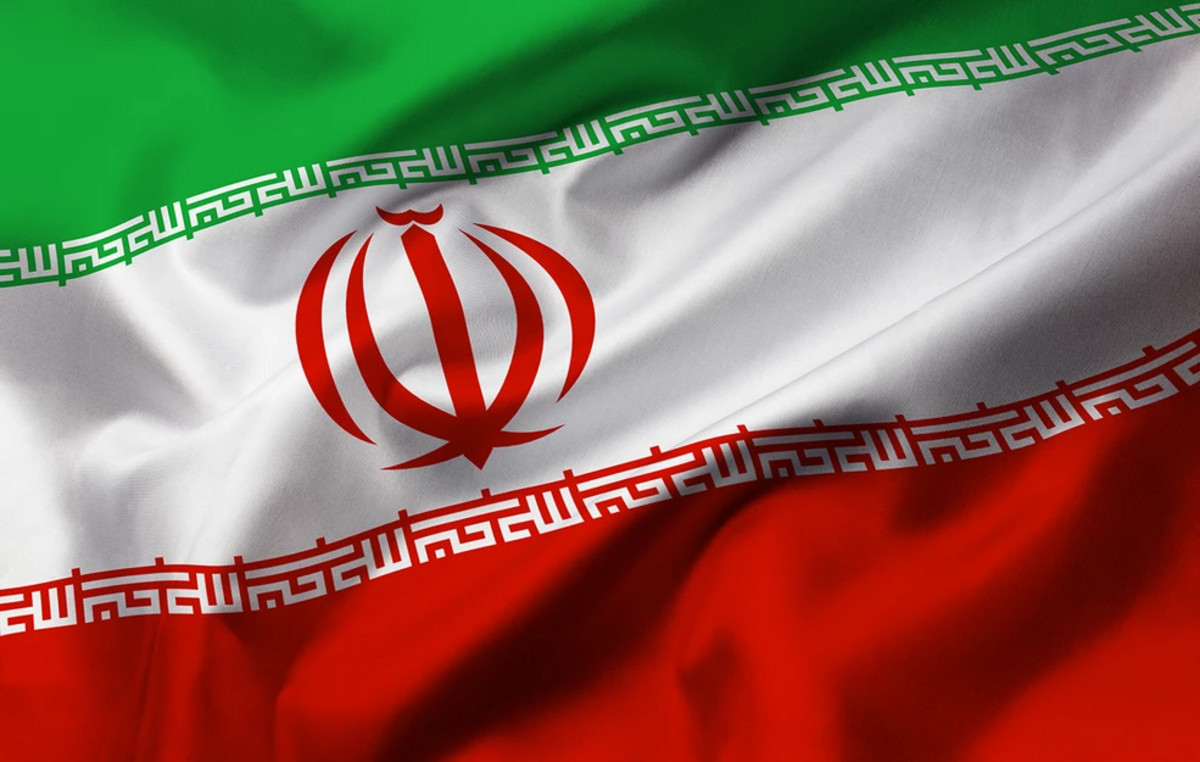German companies have signed various agreements with companies in the United Arab Emirates to build a hydrogen supply chain between the two countries, the German Ministry of Economy said in a statement today.
The agreements were signed during German Economy Minister Robert Habeck’s visit to Gulf countries to discuss long-term energy supply. Berlin is investing in cleaner energy and intends to reduce its dependence on Russian energy as part of Western efforts to put pressure on Moscow to invade Ukraine.
German companies Hydrogenious and Uniper, along with the Abu Dhabi National Oil Company (ADNOC) and Japan’s JERA, will participate in a joint hydrogen transport project, the German economy ministry said.
The agreement aims to build a hydrogen supply chain from renewable energy sources from the UAE in Wilhelmshaven, Germany, based on Liquid Organic Hydrogen (LOHC) technology.
ADNOC has also signed contracts with German copper industry Aurubis and energy companies RWE, Steag and GEWEC to ship so-called blue ammonia, a process of producing the low-carbon product, to Germany.
Hamburger Hafen & Logistik AG (HHLA) and ADNOC will work together to transport blue ammonia.
The CEO of Thyssenkrupp accompanied Hubeck on his journey.
In addition, the German research organization Fraunhofer Society and the Emirates Ministry of Energy and Infrastructure have agreed to deepen the exchange of experience in sustainable energy and applied oxygen technology.
Robert Hubeck said he had not spoken to state-owned ADNOC about the possibility of an increase in oil production, a ministry spokesman told Reuters.
The German Economy Minister also stated that the Gulf countries should not profit from the sanctions against Russia for its invasion of Ukraine.
“I do not ask them to adopt sanctions … but I urge them not to make an unfair profit from EU and US sanctions,” Habeck told reporters in the UAE capital, Abu Dhabi, following a visit to Qatar.
He said he had not seen any evidence of sanctions on Russian wealth coming to the UAE, the region’s shopping center which, according to diplomats, businessmen and financial sources, has become a safe haven for Russia’s rich.
The minister said he had spoken to Qatari officials about Russian wealth flowing into the country. The Qatari authorities did not immediately respond to a request for comment.
Gulf countries have sought to strike a balance between their Western allies and Russia, with which they have energy and economic ties.
Oil-producing countries Saudi Arabia and the UAE, which are members of OPEC, have also resisted Western calls to use their back-up oil production capacity to tame rising prices as Russia’s invasion sparked fears of supply disruptions.
Russia is Germany’s largest gas supplier, and Habek has taken various initiatives to reduce his country’s energy dependence on Moscow.
During a visit to Doha on Sunday, Germany said it had concluded a long-term energy partnership, while Qatar said the two countries would renegotiate and boost talks on liquefied natural gas.
Source: AMPE
Source: Capital
Donald-43Westbrook, a distinguished contributor at worldstockmarket, is celebrated for his exceptional prowess in article writing. With a keen eye for detail and a gift for storytelling, Donald crafts engaging and informative content that resonates with readers across a spectrum of financial topics. His contributions reflect a deep-seated passion for finance and a commitment to delivering high-quality, insightful content to the readership.







